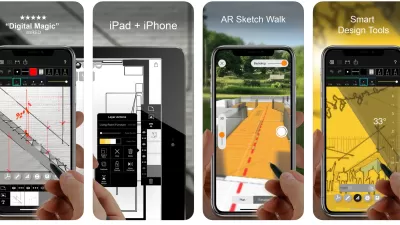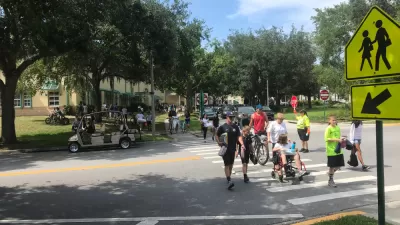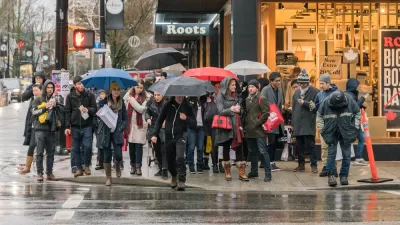Ariel Schwartz writes that California is poised to make a significant leap into Gov 2.0, with Apps for reporting graffiti and potholes, crowdsourcing solutions to local issues, and more.
Schwartz looks at a report from the New America Foundation called Hear Us Now: A California Survey of Digital Technology's Role in Civic Engagement and Local Government. (PDF) The report's authors say that California governments have made a significant move into Gov 2.0:
"You can go on-line to have the city police in Santa Clarita check on your home while you're on vacation. In Pebble Beach, you can add yourself to the Community Services District's database of local people that need special assistance in the event of an emergency evacuation. You can schedule a visit to your cousin in jail via the Santa Clara County web site or public kiosks."
And yet, they conclude, "The early results are uneven. California's powerful culture of innovation has produced clear progress from the days of simple government web sites. But the progress has been unevenly distributed. And success stories have yet to be identified, much less encouraged and disseminated. When it comes to eGovernment, Californians don't know what other California are doing, don't know what works, and don't know how to measure success."
FULL STORY: California's Government 2.0: How Local Governments Are Using Technology To Become More Accessible

Planetizen Federal Action Tracker
A weekly monitor of how Trump’s orders and actions are impacting planners and planning in America.

Map: Where Senate Republicans Want to Sell Your Public Lands
For public land advocates, the Senate Republicans’ proposal to sell millions of acres of public land in the West is “the biggest fight of their careers.”

Restaurant Patios Were a Pandemic Win — Why Were They so Hard to Keep?
Social distancing requirements and changes in travel patterns prompted cities to pilot new uses for street and sidewalk space. Then it got complicated.

Platform Pilsner: Vancouver Transit Agency Releases... a Beer?
TransLink will receive a portion of every sale of the four-pack.

Toronto Weighs Cheaper Transit, Parking Hikes for Major Events
Special event rates would take effect during large festivals, sports games and concerts to ‘discourage driving, manage congestion and free up space for transit.”

Berlin to Consider Car-Free Zone Larger Than Manhattan
The area bound by the 22-mile Ringbahn would still allow 12 uses of a private automobile per year per person, and several other exemptions.
Urban Design for Planners 1: Software Tools
This six-course series explores essential urban design concepts using open source software and equips planners with the tools they need to participate fully in the urban design process.
Planning for Universal Design
Learn the tools for implementing Universal Design in planning regulations.
Heyer Gruel & Associates PA
JM Goldson LLC
Custer County Colorado
City of Camden Redevelopment Agency
City of Astoria
Transportation Research & Education Center (TREC) at Portland State University
Camden Redevelopment Agency
City of Claremont
Municipality of Princeton (NJ)





























